Aussie music festivals are facing an ‘extinction event’, as insiders rally against monopolisation
One of the great Australian summer traditions is rapidly disappearing, with industry insiders taking aim at a “disgraceful” practice.
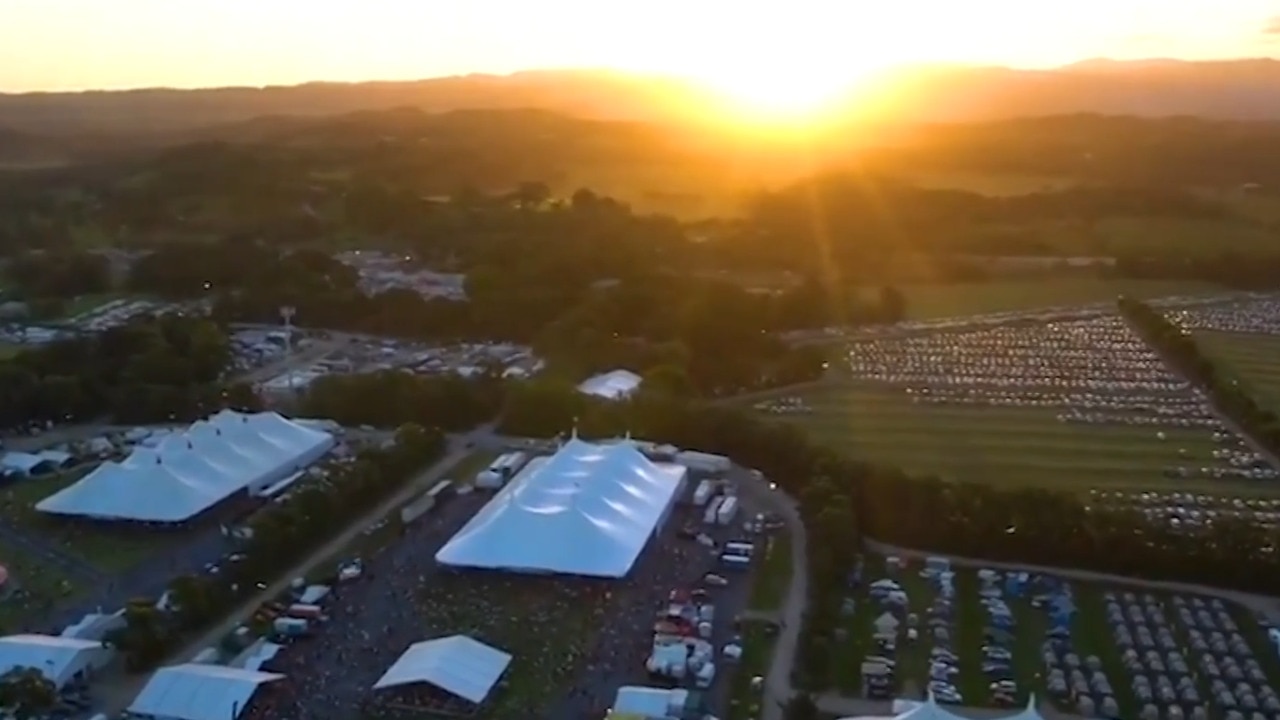
Music Festivals
Don't miss out on the headlines from Music Festivals. Followed categories will be added to My News.
The great Aussie festival is dead -- and music industry insiders are fuming.
Live Nation, the world’s largest live entertainment company behind concerts for the likes of Coldplay, Harry Styles, and Pink, has steadily expanded its influence in Australia, sparking concerns among industry rivals.
After dominating the US market, the company has now set its sights on Australia’s music scene, leaving small venues and festivals fighting for survival.
In 2023, Live Nation raked in a staggering $34 billion, and its reach now extends into nearly every corner of Australia’s live music industry, from venue ownership to ticketing and merchandise.
Bluesfest Festival Director Peter Noble says Australia’s live scene is in a sorry state, with several iconic festivals forced to cancel.
“We’re in an extinction event right now. The people are leaving this industry,” he told the ABC’s Four Corners.
The monopoly-like control is also causing tension at the checkout, with local musicians and industry professionals raising concerns about hidden fees and anti-competitive practices.
Paul Sloan, a booking agent for acts like Nick Cave and Amyl and the Sniffers, said he was frustrated with what he calls “mystery fees,” including the unexplained “inside charge” imposed by ticketing platforms like Ticketmaster and Ticketek.
“There’s like about 10 names that have come out of nowhere,” he said, adding that these charges inflate ticket prices without transparency for consumers.
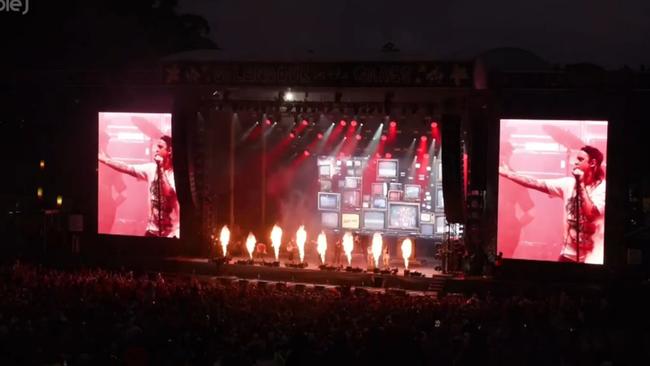
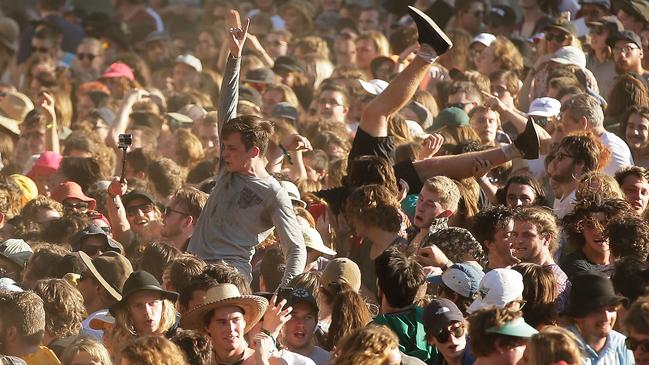
The US Department of Justice is already suing Live Nation for monopolistic practices and similar concerns are growing in Australia.
Live Nation’s ownership of major venues like Melbourne’s Palais Theatre and its control of key music festivals such as Splendour in the Grass have left little room for competitors.
It’s, frankly, disgraceful that the biggest companies in the music industry are prepared to see small venues that get them that talent closing down. They should be ashamed of that,” CEO and founder of Music Venue Trust Mark Davyd said.
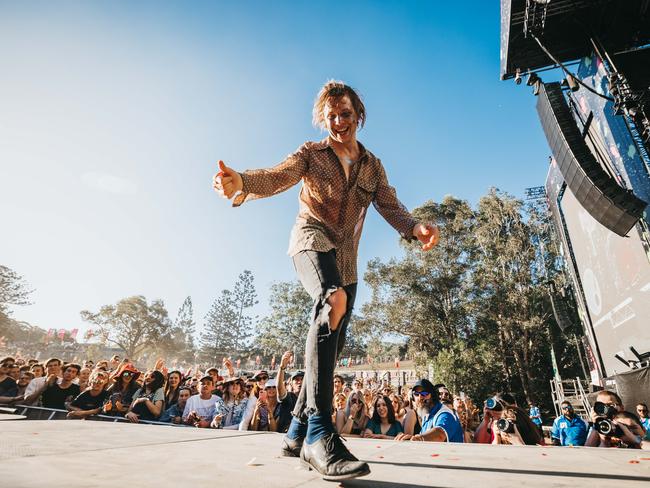
“Vertical integration” allows the company to collect multiple revenue streams from a single concert, often leaving artists unaware of the extent of these charges.
Clyde Lawrence, from the American band Lawrence, told a US Senate inquiry that Live Nation’s fees eat into their earnings, citing exorbitant charges for basic services like $250 for 10 towels.
Australian artists like Bad//Dreems have already distanced themselves from Live Nation, with the band’s Alex Cameron questioning whether profits from Australia’s live music scene should continue to flow to overseas shareholders.
“It comes down to what our values are as a society,” he told the ABC.
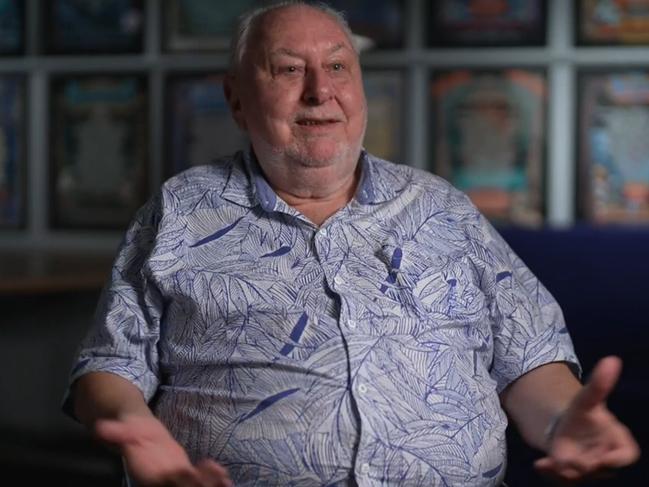
The Australian Consumer and Competition Commission (ACCC) has stated that hidden fees are legally permissible, which has led industry leaders to push for stricter regulations.
Arts Minister Tony Burke echoed these concerns, warning that the growing anti-competitive risks in the music sector must be addressed.
“You can’t then use that in an anti-competitive way,” he said.
Live Nation maintains that its business model aligns with standard industry practices, stating that artists approve all costs and budgets before tours are confirmed.
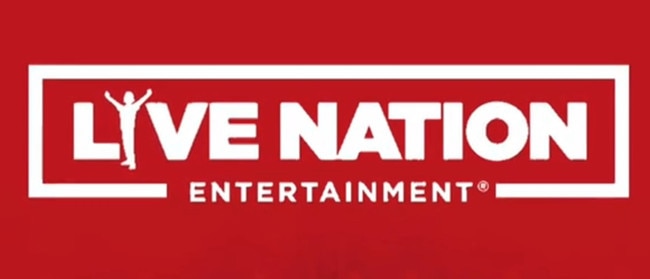
Originally published as Aussie music festivals are facing an ‘extinction event’, as insiders rally against monopolisation


